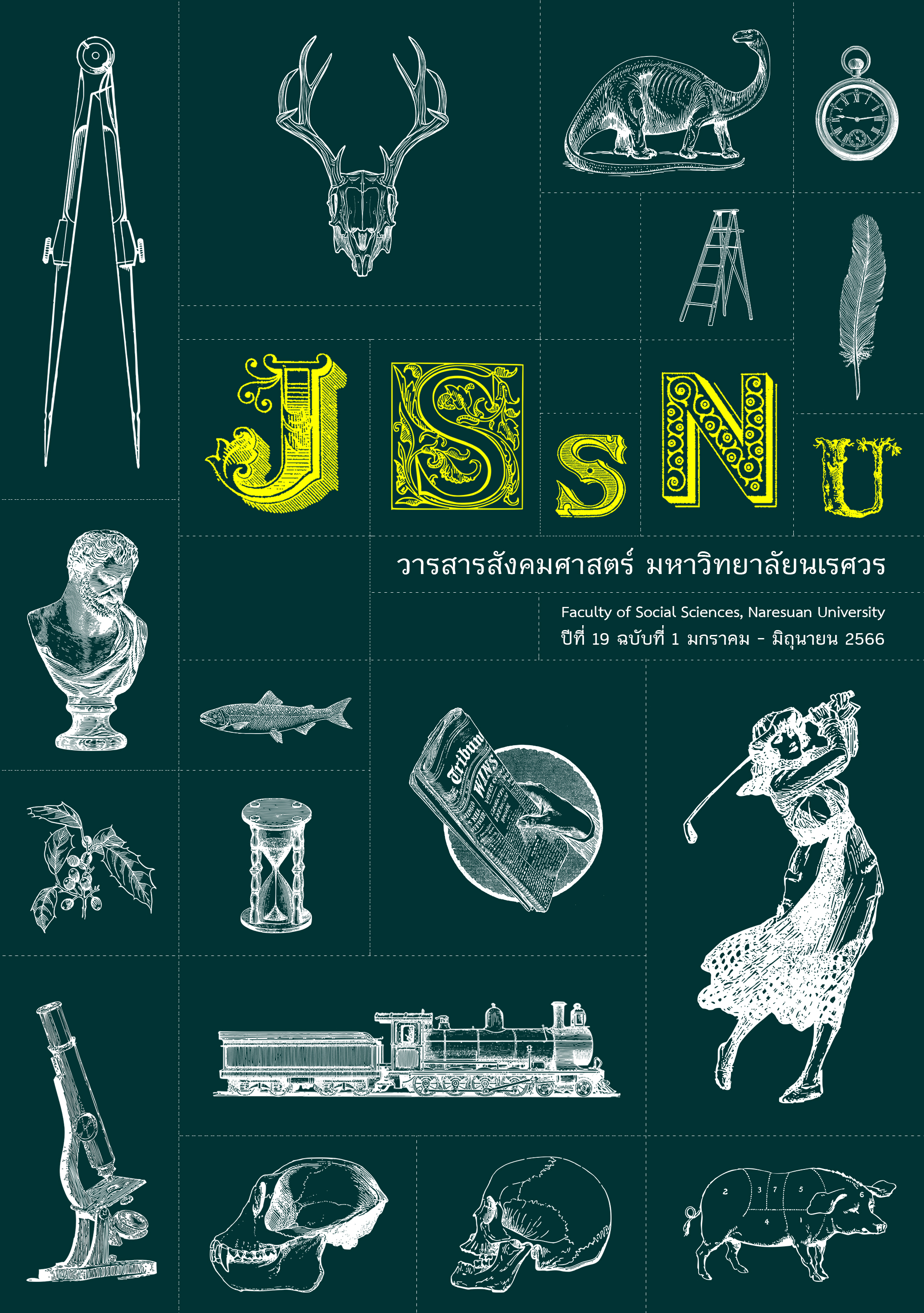Factors Determining Thai Local Government Autonomy
Main Article Content
Abstract
This paper examines factors determining local government autonomy in Thailand by adopting Multiple Regression Analysis (MRA). This research is somewhat limited from Thai local governments’ experience. Mixed methodologies are applied in developing analytical frameworks based on qualitative techniques and statistically analyzed by quantitative approaches. Data is derived from 602 sampled local governments. Findings show that Thai local autonomy is at a moderate level. Besides, management factors; for example, working experiences, proactive attitudes, and local government networks, are key determinants of local autonomy. By contrast, institutional and contextual factors do not have statistical relationships with local autonomy. For this reason, local autonomy can be promoted through the enhancement of management capabilities and local networking. This research can be employed as a basis for the monitoring of Thai local autonomy in the long run.
Downloads
Article Details

This work is licensed under a Creative Commons Attribution-NonCommercial-NoDerivatives 4.0 International License.
References
Ansell, C., & Gash, A. (2008). Collaborative governance in theory and practice. Journal of Public Administration Research and Theory, 18(4), 543-571.
Breton, C., Lucas, J., & Taylor, Z. (2022). Local autonomy: Unconditional elites and conditional publics. Local Government Studies, doi: 10.1080/03003930.2022.2098722
Bunthung, A. (2020). Problems of local autonomy: Case study on the state audit office’s reviews of local finances (master’s thesis). Bangkok: Thammasat University. [in Thai].
Council of Europe. (1985). European charter of local self-government (No. 122). Retrieved July 10, 2022, from https://rm.coe.int/168007a088
Goldsmith, S., & Eggers, W. D. (2004). Governing by network: The new shape of the public sector. Washington, D.C.: Brookings Institution Press.
Harold, W., Robert, M., Michael, B., & David, B. (2008). Comparing local government autonomy across states. Proceedings. Annual Conference on Taxation and Minutes of the Annual Meeting of the National Tax Association, 101, 377-383.
Keuffer, N. (2016). Local autonomy, a multifaceted concept: How to define it, how to measure it and how to create a comparative local autonomy index? Revue internationale de politique comparée, 23, 443-490.
Krueathep, W. (2014). Evaluating the fifteen years of Thai decentralization policy. Bangkok: Chulalongkorn University Printing House. [in Thai].
Ladner, A., Keuffer, N., & Baldersheim, H. (2016). Measuring local autonomy in 39 countries. Regional and Federal Studies, 26(3), 321-357.
Ladner, A., Keuffer, N., Baldersheim, H., Hlepas, N., Swianiewicz, P, Steyvers, K., & Navarro, C. (2019). Patterns of local autonomy in Europe. London: Palgrave Macmillan.
Local Government Taskforce, National Reform Council. (2017). Reports on Thailand’s decentralization reform proposals. Bangkok: Parliamentary Secretariat Office. [in Thai].
National Decentralization Committee. (2019). Annual report for 2019 of the National Decentralization Committee. Bangkok: Office of the Prime Minister’s Office. [in Thai].
O’Toole, L. J. (1997). Treating networks seriously: Practical and research-based agendas in public administration. Public Administration Review, 57(1), 45-57.
Research and Consultancy Institute of Thammasat University. (2009). Monitoring the progress of Thai decentralization. Bangkok: Thammasat University Press. [in Thai].
Shah, A. (Ed.). (2006). Local government in developing countries. Washington, D.C.: The World Bank.
Wolman, H., McManmon, R., Bell, M., & Brunori, D. (2010). Comparing local government autonomy across states. In M. E. Bell, D. Brunori, & J. M. Youngman (Eds.) The property tax and local autonomy. Cambridge, M.A.: Lincoln Institute.


